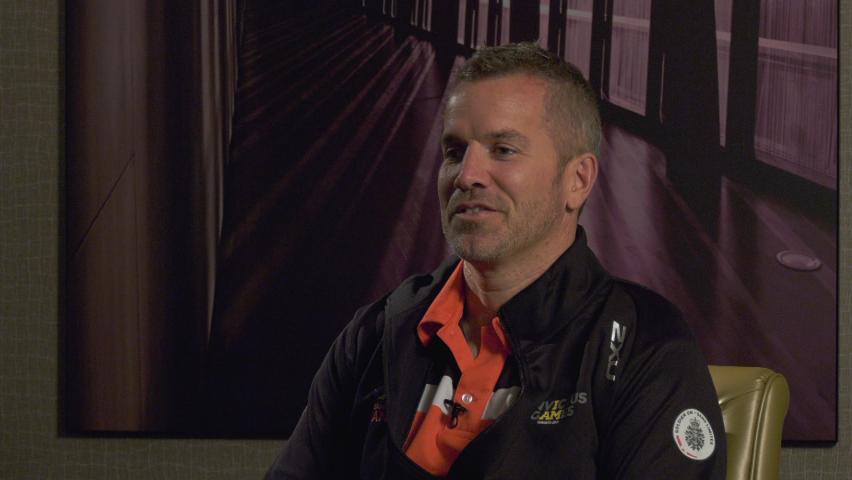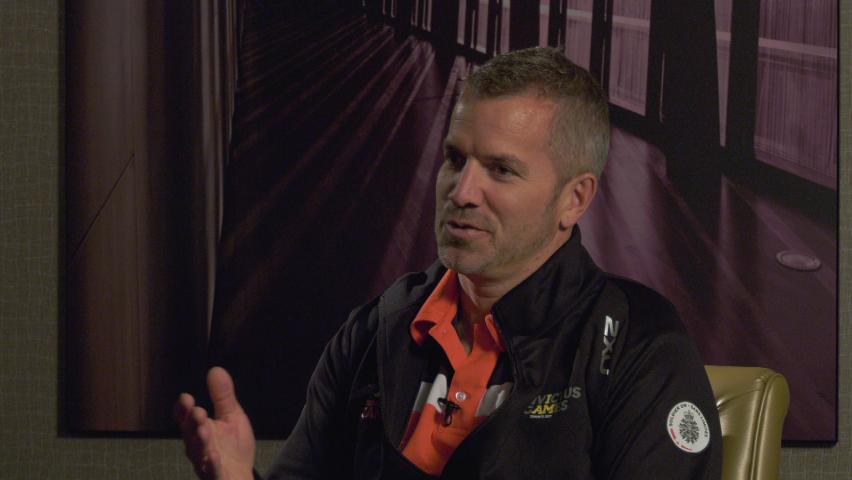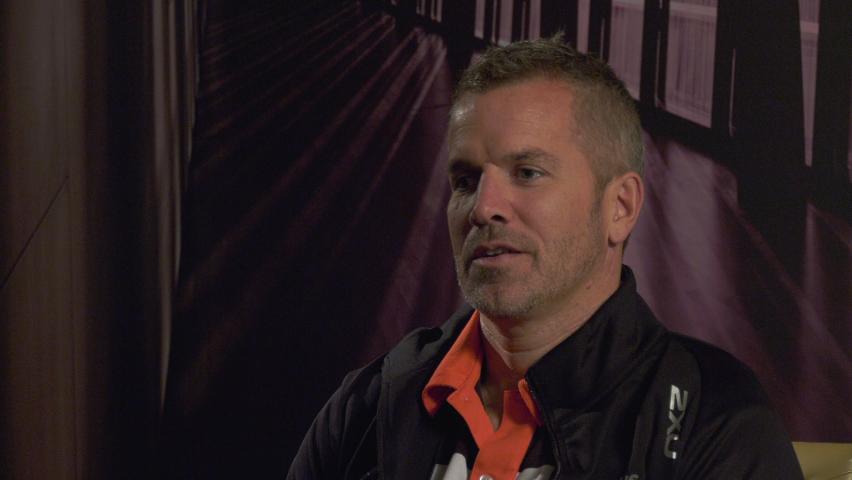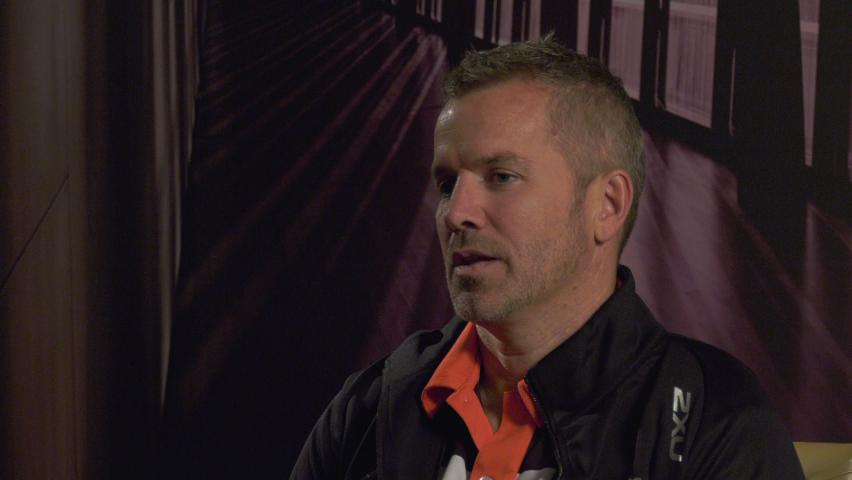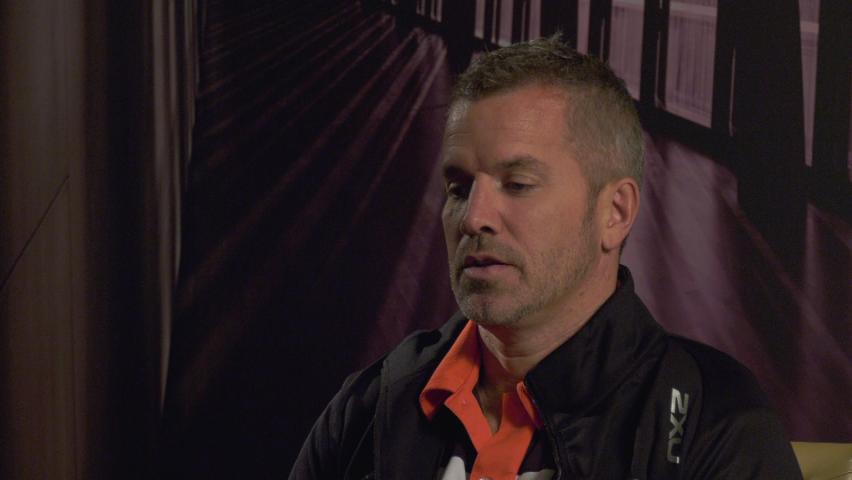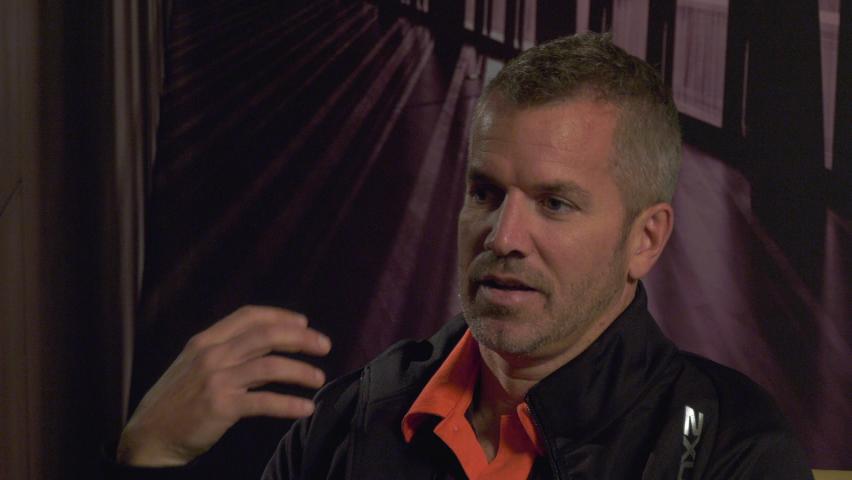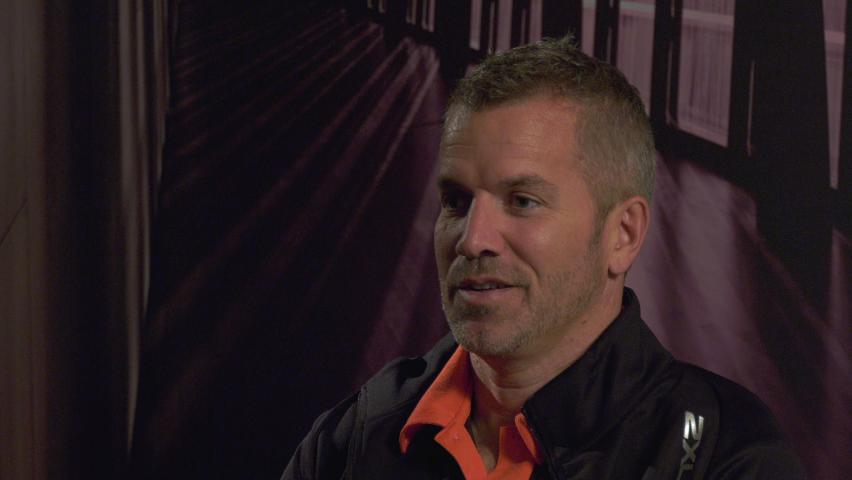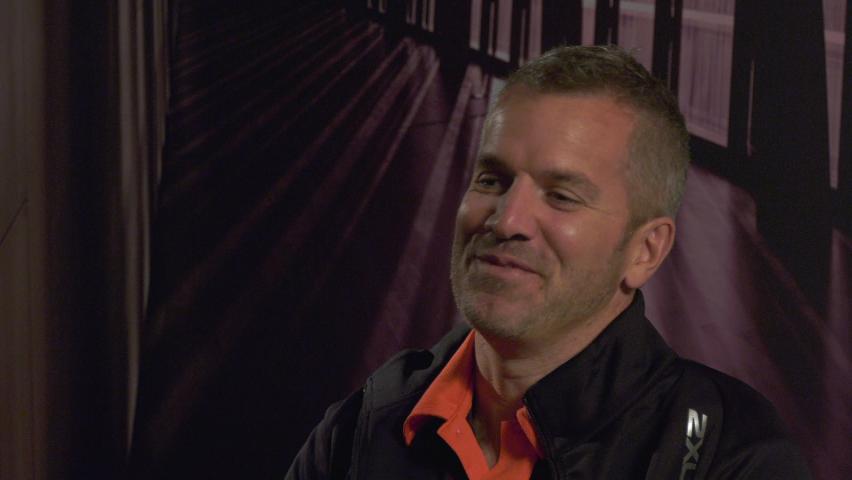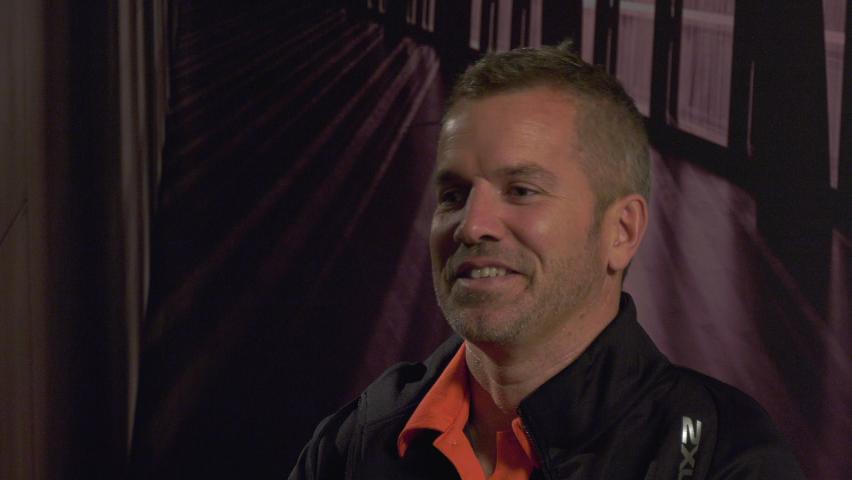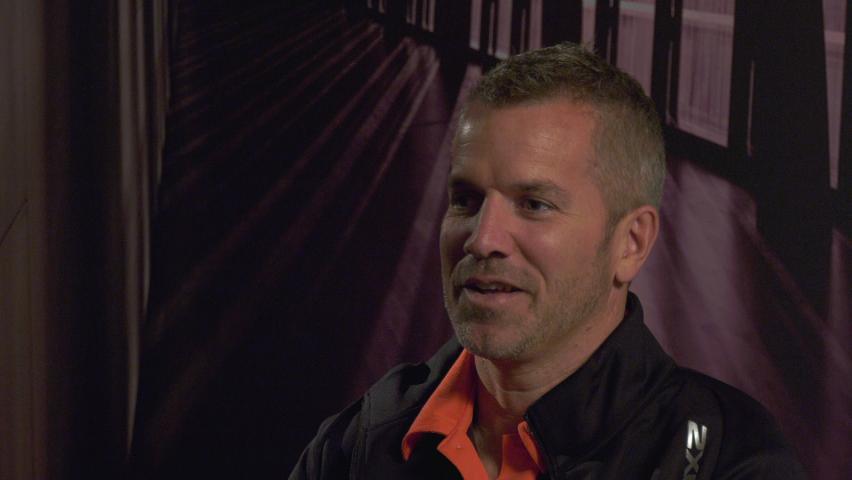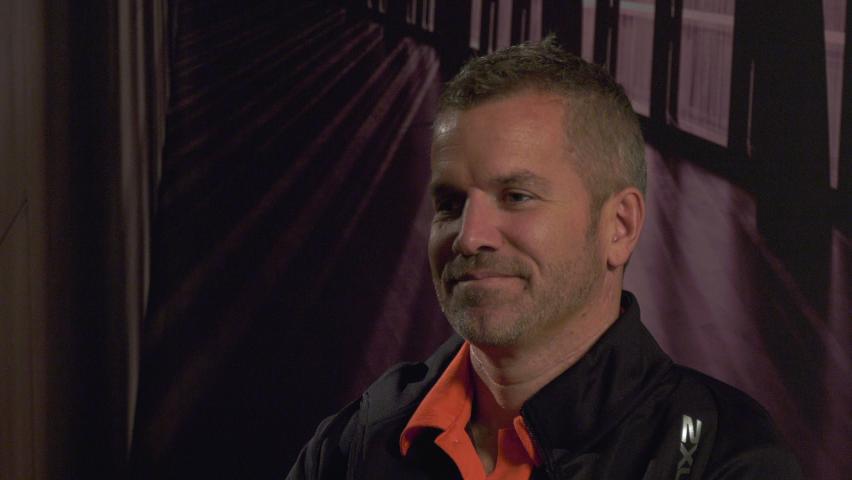Contribution to Soldier On
Heroes Remember
Contribution to Soldier On
Transcript
Description
Accepting a position with Soldier On, Major Feyko tells about how it motivates him and how he supports other Veterans.
Jay Feyko
Mr. Jay Feyko was born April 25, 1973 in Windsor, Ontario. While attending Trenton University, unsure of his future, Mr. Feyko decided to join the military under a three year contract with the Canadian Forces. After having the opportunity to be honour guard in commemoration of the 80th Anniversary of the Battle of Vimy Ridge, his inspiration for those who served before him led him to the decision to remain in the military. Joining as private under the 3rd Battalion Royal Canadian Regiment, Infantry Division, Mr. Feyko deployed to Afghanistan under Operation Roto O holding rank of platoon commander. He was medically discharge and rose to the rank of major. Deployment to Afghanistan resulted in a severe injury when he became wounded after a suicide bomber detonated the vehicle he was travelling in. Not allowing his injuries to change his lifestyle, Mr. Feyko carried on with his career, accepting a position as senior manager of Soldier On where he continues present day in supporting and assisting other Veterans with challenges in life. Mr. Feyko was medically discharged from the Canadian military in June 2016 and continues to advocate for the needs of his fellow comrades. Mr. Feyko now resides in Ottawa, Ontario with his wife and children.
Meta Data
- Medium:
- Video
- Owner:
- Veterans Affairs Canada
- Recorded:
- September 29, 2017
- Duration:
- 3:51
- Person Interviewed:
- Jay Feyko
- War, Conflict or Mission:
- Canadian Armed Forces
- Location/Theatre:
- Afghanistan
- Battle/Campaign:
- Afghanistan
- Branch:
- Army
- Units/Ship:
- 3rd Battalion Royal Canadian Regiment
- Rank:
- Platoon Commander
Related Videos
- Date modified:



